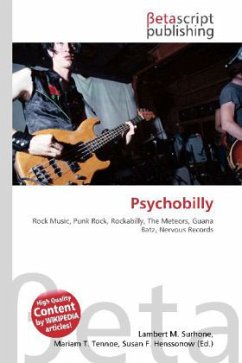
W adys aw Szpilman
Versandkostenfrei!
Versandfertig in 6-10 Tagen
23,99 €
inkl. MwSt.

PAYBACK Punkte
12 °P sammeln!
High Quality Content by WIKIPEDIA articles! Szpilman studied piano in Warsaw and Berlin in the early 1930s. After Adolf Hitler seized power in Germany in 1933, he returned to Warsaw, where he quickly became a celebrated pianist and composer of both classical and popular music. Szpilman composed many pieces and soundtracks while touring Poland with his accompanying violinist, Bronislav Gimpel. On 1 April 1935 he joined Polish Radio, where he worked as a pianist performing classical and jazz music, until the German invasion of Poland reached Warsaw on September 1, 1939, and Polskie Radio was for...
High Quality Content by WIKIPEDIA articles! Szpilman studied piano in Warsaw and Berlin in the early 1930s. After Adolf Hitler seized power in Germany in 1933, he returned to Warsaw, where he quickly became a celebrated pianist and composer of both classical and popular music. Szpilman composed many pieces and soundtracks while touring Poland with his accompanying violinist, Bronislav Gimpel. On 1 April 1935 he joined Polish Radio, where he worked as a pianist performing classical and jazz music, until the German invasion of Poland reached Warsaw on September 1, 1939, and Polskie Radio was forced off the air. The Nazi-led General Government established ghettos in many Polish cities, including Warsaw. However, Szpilman and his family did not need to find a new residence since their flat was already in the ghetto area. He continued to work as a pianist in restaurants in the ghetto. He was able to earn barely enough to support the family of six through his piano playing












